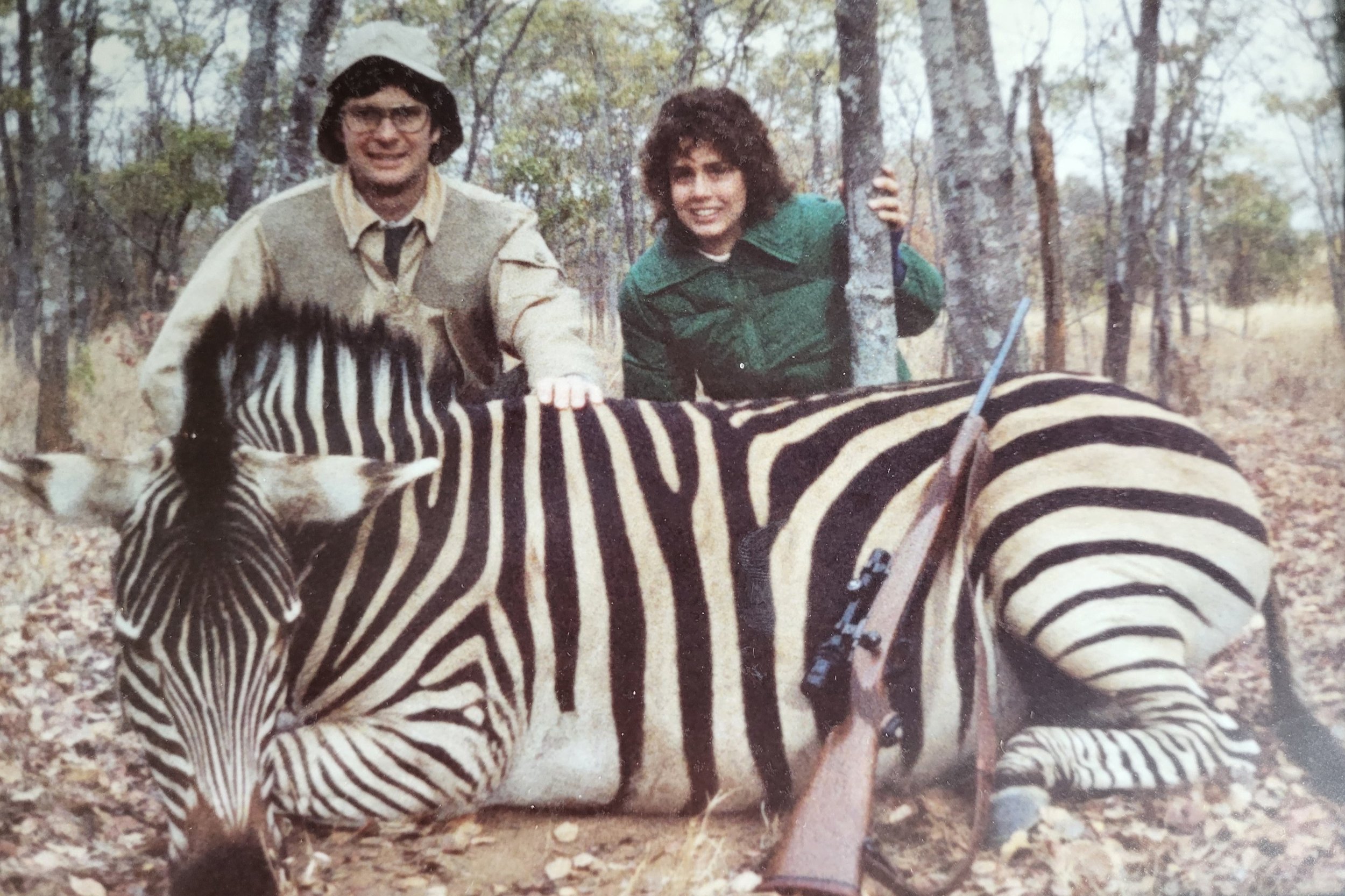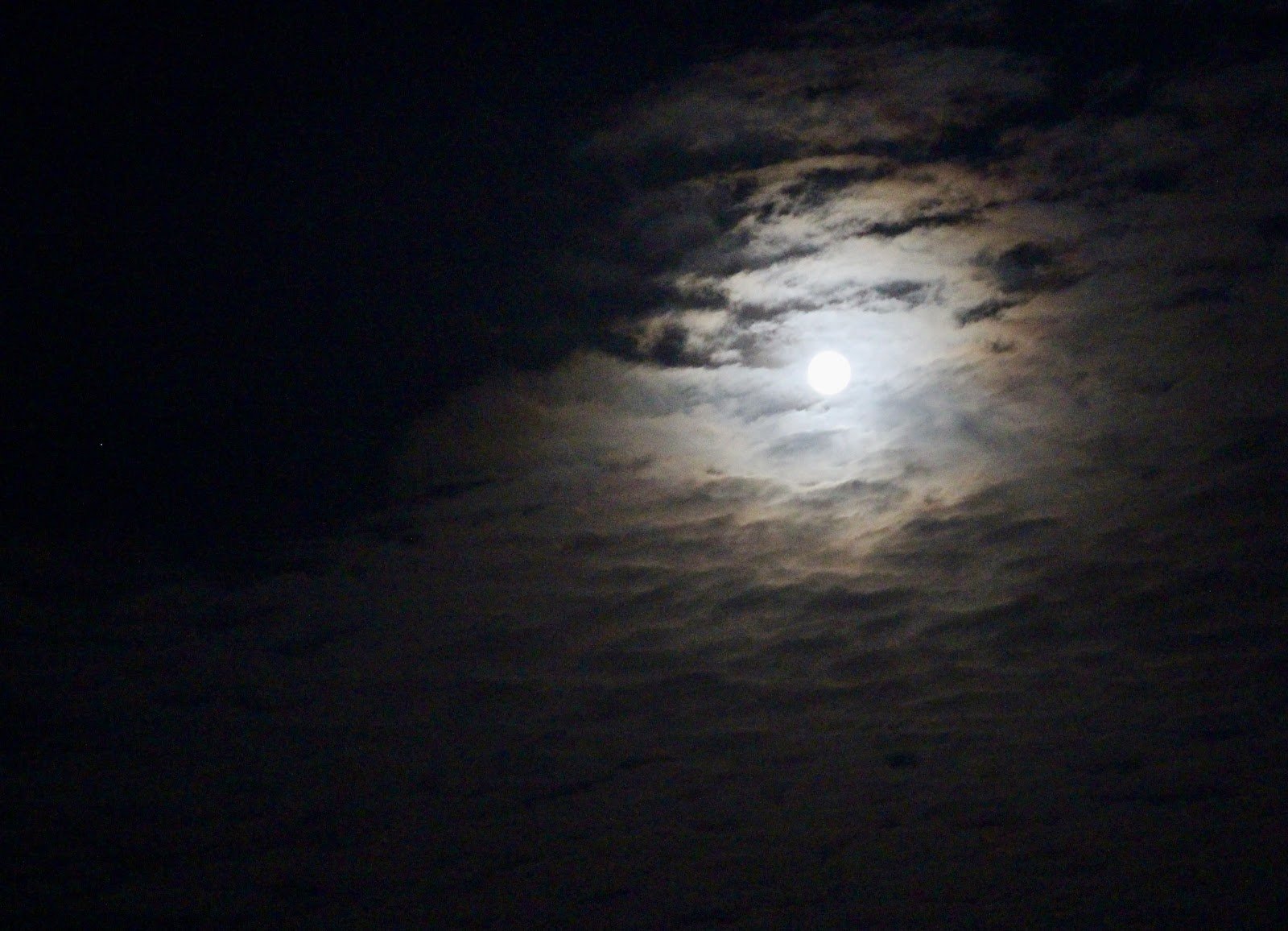Should We Hunt Big Predators
A reader recently asked a pertinent question about why we hunt big predators. It's not one I can definitively answer or even like to answer, but I thought I'd give it an honest try.
"My question is why hunt big predators such as brown bears, wolves, lions etc. I don’t hear of many people eating these animals and if I’m going to hunt something I want to be able to eat it I’ve heard the meat is edible but just barely. What is the point to hunting these animals if not for the meat?" -- Michael
Photos shows three brown bears, one of the species in question why hunt big predators.
Good question, Michael, but difficult answer. First, many big predators are not just edible, but delicious. Many hunters prefer black bear and cougar over deer and elk. Second, we can’t know the motives of every hunter. Third, those motives could change from hunt to hunt, year to year. But here’s my quick stab at an honest explanation... (The last one may be the most significant.)
Hunt Big Predators for Selfish, Acquisitive Reasons
Humans have always “collected” Nature: wildflowers, butterflies, beetles, bird eggs, gemstones, driftwood, wolves, bears, lions... The incentive is a combination of human acquisitiveness, curiosity, and our need for an intimate connection with Nature. Some people are happy while surrounded by concrete, steel, and plastic. Some want soil, trees, flowers, fur, feathers, fins, and wood. If hunters shot bears and lions for the thrill kill, as many suggest, why would they bother spending thousands of dollars for taxidermy? While clutter the house with bones, skulls, teeth, and dusty hides? Collecting Nature and holding her close has always been a big draw.
Hunt Big Predators to Reduce Competition
Here's another basic, primitive reason to hunt big predators. All predators defend their territories from not just their own species, but others. Wolves routinely kill coyotes, foxes, bears, etc. They’ve been documented playing “tag” with Arctic fox carcasses but not eating them. Bears kill wolves if they can and vice versa. Boars kill cubs and smaller bears and sometimes eat them. Cougars have been documented killing bobcats and lynx and not eating them. Hyenas kill lions. Humans have for centuries been killing predators to reduce competition for prey, including domestic livestock. This may still be the most significant reason we hunt coyotes and wolves. In today's overly populated, civilized world, large predators aren't a significant threat to human survival, but when they kill your sheep, cows, chickens -- or even the deer or moose you hoped to hunt next fall -- it's an incentive to hunt big predators.
Hunt Big Predators to Compensate for Man-Made Imbalances
A third reason to hunt big predators is balance. In a world drastically altered by human engineering (roads, dams, cities, farmland) wildlife distribution is seriously out of balance. In some areas deer overpopulate to such a degree that they change plant composition and distribution in woodlands, stripping many forests to nothing but tree trunks and branches higher than foraging deer can reach. This endangers ground-nesting birds and small mammals. Similarly, wolves, bears, and cougars can temporarily exceed the carrying capacity of their habitat and severely depress, even exterminate localized prey species.
Ultimately this is a human-made problem because our fragmentation of natural habitats creates artificial "islands" of ungulates. Such small pockets do not have the capacity to absorb unlimited predators. Coyotes have been documented severely depleting vulnerable pronghorn herds. Cougars have been implicated in wiping out small herds of California bighorn sheep. Wolves have unleashed unsustainable depredations on local moose herds. Two-hundred years ago these things didn't matter because of natural resiliency: there were travel corridors, neighboring populations, and sufficient habitat for species to rebuild. That elasticity is gone, so predator numbers must often be manipulated to protect prey species. (Some years back peregrine falcon lovers were distraught to find many of the nesting birds killed -- by great horned owls. Owls are abundant, falcons not, so owls had to be "reduced" to facilitate falcon survival. It was an effective trade-off. Peregrines are off the endangered species list and great horned owls remain abundant.)
Hunt Big Predators for Self Preservation
Rural folks in Africa are rarely happy to live cheek-to-jowl with lions, leopards, and other potential man-eaters. Ditto Northwoods residents and bears. Hunting pressure can keep these beasts cautious to minimize human encounters. Large predators kill few humans each year, but when you or a loved one are one of those, that's a big deal. Bear, cougar, wolf, coyote, leopard, tiger, and lion attacks are always big news because they are rare, gruesome, and reminders of our relative weakness in the "real world." I don't think this is justification to indiscriminately kill big predators, but I can see how it would inspire anyone to shoot a big cat or bear stalking the grandkids.
Hunt Big Predators for Atavistic Adventure
Now let's get down to brass tacks. The people you usually see posing behind dead predators don't appear to be poor pastoralists defending the hut and livestock. They don't look like biologists or researchers balancing species composition. They look like relatively wealthy Westerners enjoying an "eco-adventure," like college kids posing on a cliff or kayaking a waterfall -- except hunters are killing the Nature that inspired them, right? And that's a problem for non-hunters or hunters who kill only to eat. So... this is the real question. Why should anyone be allowed to hunt big predators?
The usual charges leveled against these hunters include vanity, cruelty, braggadocio, compensation for anatomical shortcomings, and psychological imbalance. In short, thrill killing. Those are easy claims to level, tough ones to prove. Humans have for millennia been hunting dangerous beasts to both protect the tribe and to prove their valor. History is replete with brave humans lionized for killing ravening beasts like dragons, one-eyed Cyclops, and snake-haired monsters. King Theseus slew the bull/man Minotaur. Atalanta killed the infamous Calydonian Boar and she certainly wasn't compensating for any undersized appendages. There were bloody gladiatorial events in Rome. Kings and potentates from China to Europe have staged hunts in which penned or tethered predators were "engaged" by the mighty rulers of men. Clearly, humankind's hunting of big predators is nothing new. But has it ever been legitimate?
I think so. Denying this is like denying human nature. We challenge ourselves and Nature by going against her at her worst. Swimming the English channel. Climbing Everest. Kayaking the most violent cataracts. Skiing to the North Pole. Diving off mountains in flying squirrel suits. Humans challenge Nature and then brag about it. So, yes, some, perhaps most, hunters who hunt big predators do so for the adventure and thrill. This does not mean “thrill killing.” I don't think the thrill is in the kill, but in everything leading up to it. If hunters merely wanted to kill for some sick thrill, they could buy chickens, goats, domestic sheep, etc. and shoot them for a lot less trouble and expense. No, it’s the whole idea of the adventure into the wilds that drives most dangerous game hunters. The trek into the high mountains. The searching through cold, wet, tangled wilderness. The tracking through hot and dusty thorn brush. The threat from venomous snakes and insects. The challenge of facing up to a charge without peeing your pants and running away.
Predator hunters may be laboring under delusions of Tarzan. They may wish they were Karamojo Bell, Frederick Selous, Roosevelt, Hemingway, or just that distant cousin that adventured to the wilds of Africa with gun and horse while the rest of the family sold dry goods in Peoria. But I doubt any set out to exterminate endangered species. Besides, regulated sport hunting assures that they don't by limiting harvest to sustainable levels.
Hunt Big Predators for Immoral Reasons?
Whether hunting large predators is good or bad, moral or immoral is up to the beholder. Nature certainly establishes no moral boundaries, given Her predilection for killing "innocent" life forms with floods, fires, lightning strikes, starvation, predators, and disease. She wouldn’t care if an endangered red wolf ate the last whooping crane. Humans are the only predator that cares about his prey, limits his take, closes hunting seasons, prohibits shooting of females, restores habitats, and reintroduces species into habitats from which they’ve been extirpated. For the past 100 years, hunter dollars (licenses, tags, permits, taxes on guns and ammo) have paid for restoring most N. A. game species from near extinction to modern abundance. Sustainable harvest works. Similar pay-to-play programs are now restoring southern African wildlife. Private hunting farms support more native game in southern Africa than do its National Parks. Hunter demand drives and financially supports this increase in wild species just as demand for fried chicken increases chicken populations. This is the pragmatic argument for maintaining viable populations of acme predators, and I find it much more realistic and achievable than the moral argument.
Moral arguments have a dismal win/loss record. We might oppose alcohol consumption, mind-altering drugs, body piercings, working on Sundays, Satanic rock music, polygamy, various religions, and a thousand other human behaviors, but legislating against them never works. Thou shalt not steal has not ended theft. Thou shalt not commit adultery hasn't stopped that, either. Neither alcoholism nor drug addiction were ended by proscriptions against their consumption. This partly explains why countries that don't permit regulated sport hunting suffer horrific levels of poaching.Prohibiting managed hunting of big predators will not prevent any from dying violently. Most will be killed by other predators, poachers, or poison. A very few will suffer agonizing starvation. We should not condemn predators for doing what they do, but we do have a responsibility to reduce their numbers when they threaten to wipe out or severely disrupt local prey populations. If hunters are willing to pay large sums to do that and those monies are used to fight poaching, improve habitats, and increase populations of myriad species -- including the predators being hunted -- why not? We can be morally opposed to the activity, but in favor of the outcome. Managing outcomes has proven more effective that banning activities.
Let Them Eat Predator Meat
Picture shows a snarling mountain lion crouched on a rock. Some people hunt big predators like this. Some eat them.
As I touched on at the start of this piece, many hunters do eat bear, lion, cougar, and bobcat. Some even eat coyotes. But I doubt many hunt those species strictly for the meat. I don't think many deer, moose, or elk hunters pursue them strictly for the meat, either. Meat's a lot cheaper in the market. But so is the experience of getting it. Hunters hunt because they don't want cheap experiences. They want that personal, intimate, raw, functional connection to Nature. If they can get it without negatively impacting wildlife populations, why not?
As you can see, Michael, this is a complicated subject with no pat answers. I'm just glad that managed sport hunting results in more wildlife. That's the outcome virtually everyone wants.Author Ron Spomer has been hunting and trying to figure out why he loves it so much for 50 years.














